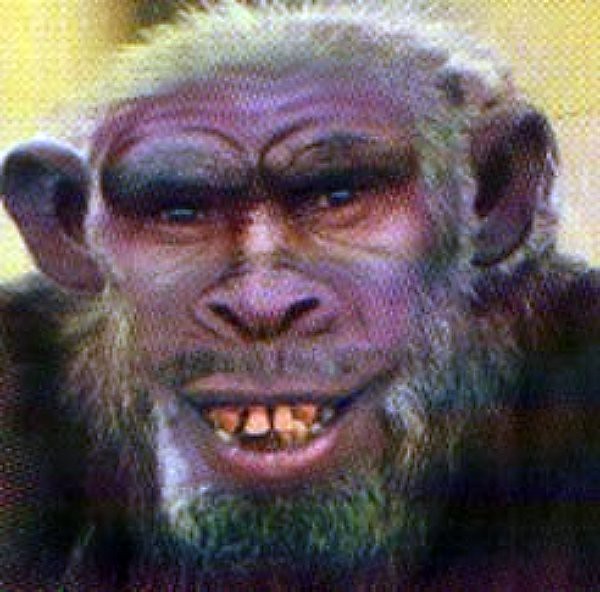
In clever experiments by Merim Bilalic and his colleagues, chess masters were presented with a board arranged to offer them two paths to victory: a well-known five-move option, and a more obscure one, requiring three moves. One striking example of Keynes’s point is what psychologists call the Einstellung effect, describing the way preconceptions can blind us, in almost a literal way, to better ways of doing things. “The difficulty,” as Keynes put it, “lies not in the new ideas, but in escaping from the old ones.” I’m not the first to note what a great metaphor this is for our paralysis in the face of climate change: we’re so rigidly attached to a certain notion of progress that we can’t let go when it turns against us. He’s trapped by an idea, unable to see that a principle that served him well – “when you see rice, hold on tight!” – has become lethal. “The monkey is suddenly trapped.” But not by anything physical. The monkey’s hand fits through the hole, but his clenched fist can’t fit back out. The coconut has some rice inside which can be grabbed through a small hole”. (I’m pretty sure it was never used to trap monkeys, but that’s par for the course with Pirsig he doesn’t teach you much about motorbikes, either.) The trap “consists of a hollowed-out coconut, chained to a stake. And Raisin will be reintroduced to some old friends.I n Zen And The Art Of Motorcycle Maintenance, Robert Pirsig’s bonkers-but-brilliant philosophical novel that turns 40 this year, he describes “the old South Indian Monkey Trap”. Oliver’s body will be cremated, and the ashes spread over the sanctuary’s grounds. PTello said a “dignified final ceremony” has been planned.

“But if he didn’t like something, he’d hand the bowl back to you,” like the time he tried sugar-free pistachio pudding./p P”He loved coconut sorbet – that got the biggest hoots and hollers,” she said. PShelly Ladd, enrichment coordinator at the sanctuary, said part of her job was to keep life interesting for the aging chimp, who was mostly blind, had no teeth and suffered from arthritis./p P”But for the last part of his life, he got to live in a safe haven – a nonexploitive, noncommercialized world where he was surrounded by people who love him and in companionship with others of his kind,” Tello said./p POliver was the subject of a Discovery Channel documentary in 2006, and the character Caesar in last year’s “Rise of the Planet of the Apes” was said to be based on him./p His unique qualities drew international attention, and he was dubbed the “Humanzee,” touted as a missing link./p PFor one, Oliver walked upright almost all the time. Tello said the lab didn’t perform any studies on him during his decade there because the staff could tell he was special: “He was just on a different level he had very humanlike traits.”/p PHe came to Primarily Primates from a research lab in Pennsylvania in 1998. POliver’s girlfriend, Raisin, was by his side when caretakers found him, said Stephen Rene Tello, executive director of the sanctuary./p PHe was at least 55 years old, while the average lifespan for a male chimp in captivity is 35./p POliver, the chimpanzee who spent much of his life as part of circus shows or in research labs, was found dead Saturday in his bedroom at Primarily Primates, the sanctuary where he spent his last 14 years./p Photo: COURTESY OF PRIMARILY PRIMATES/em/div Img src=”///img/animals/Oliver_rip.jpg ” alt=”Oliver” width=”303″ height=”350″ /div class=”caption”emOliver, a male chimpanzee who lived at Primarily Primates and was known to many at as the “Humanzee” for his proclivity to walk upright, died Saturday, Jaccording to Primarily Primates officials.


 0 kommentar(er)
0 kommentar(er)
